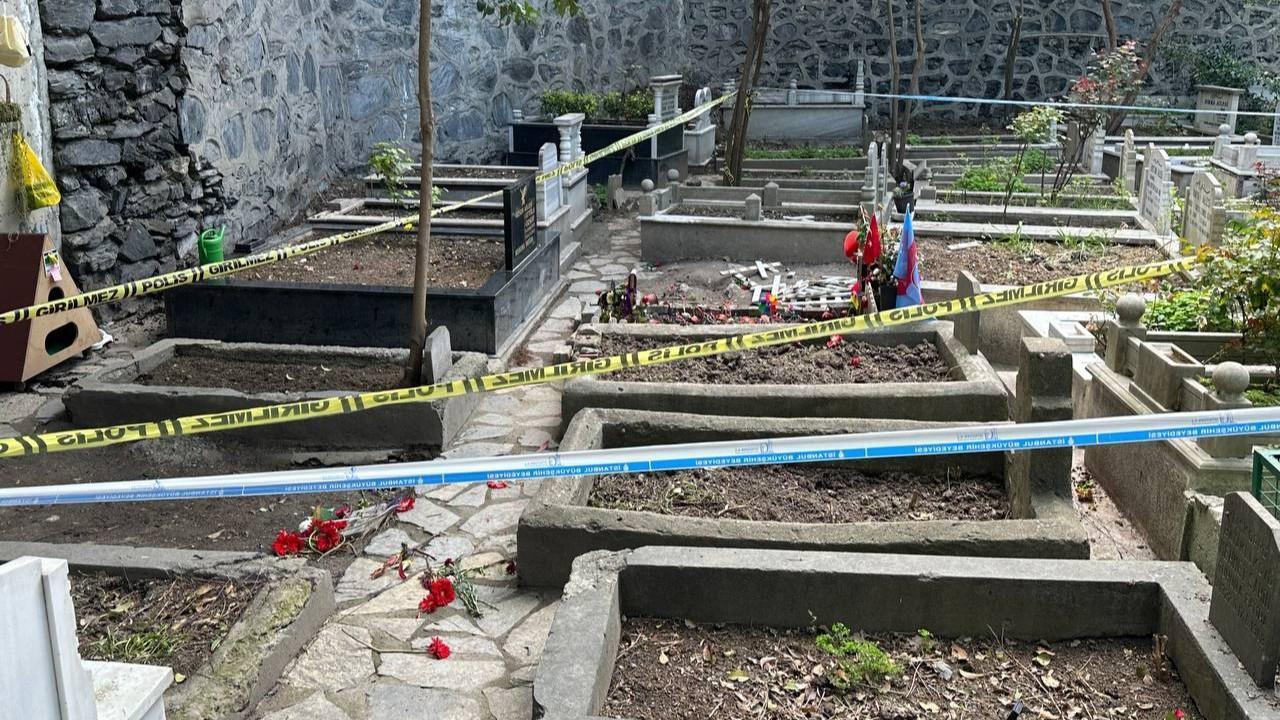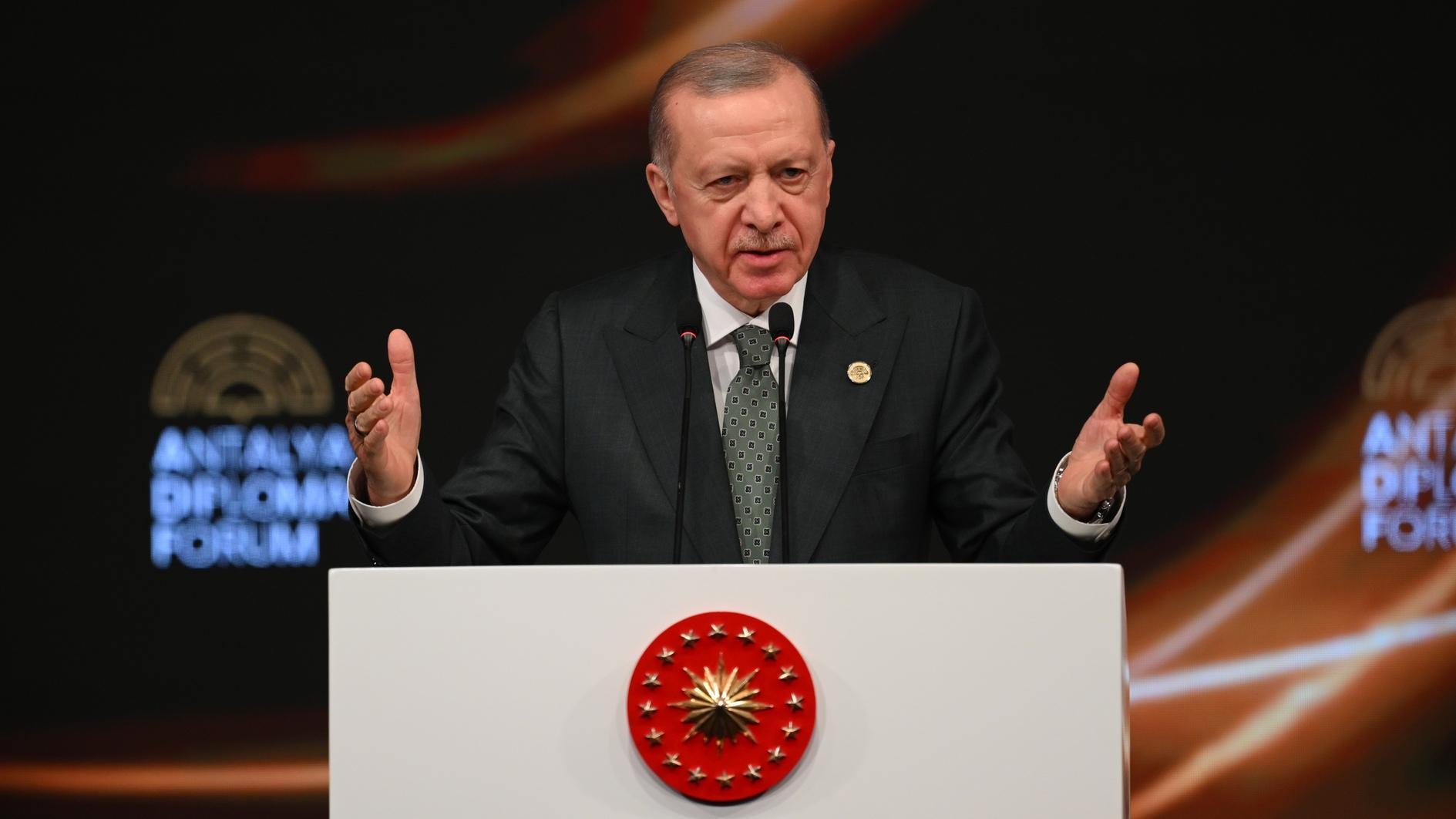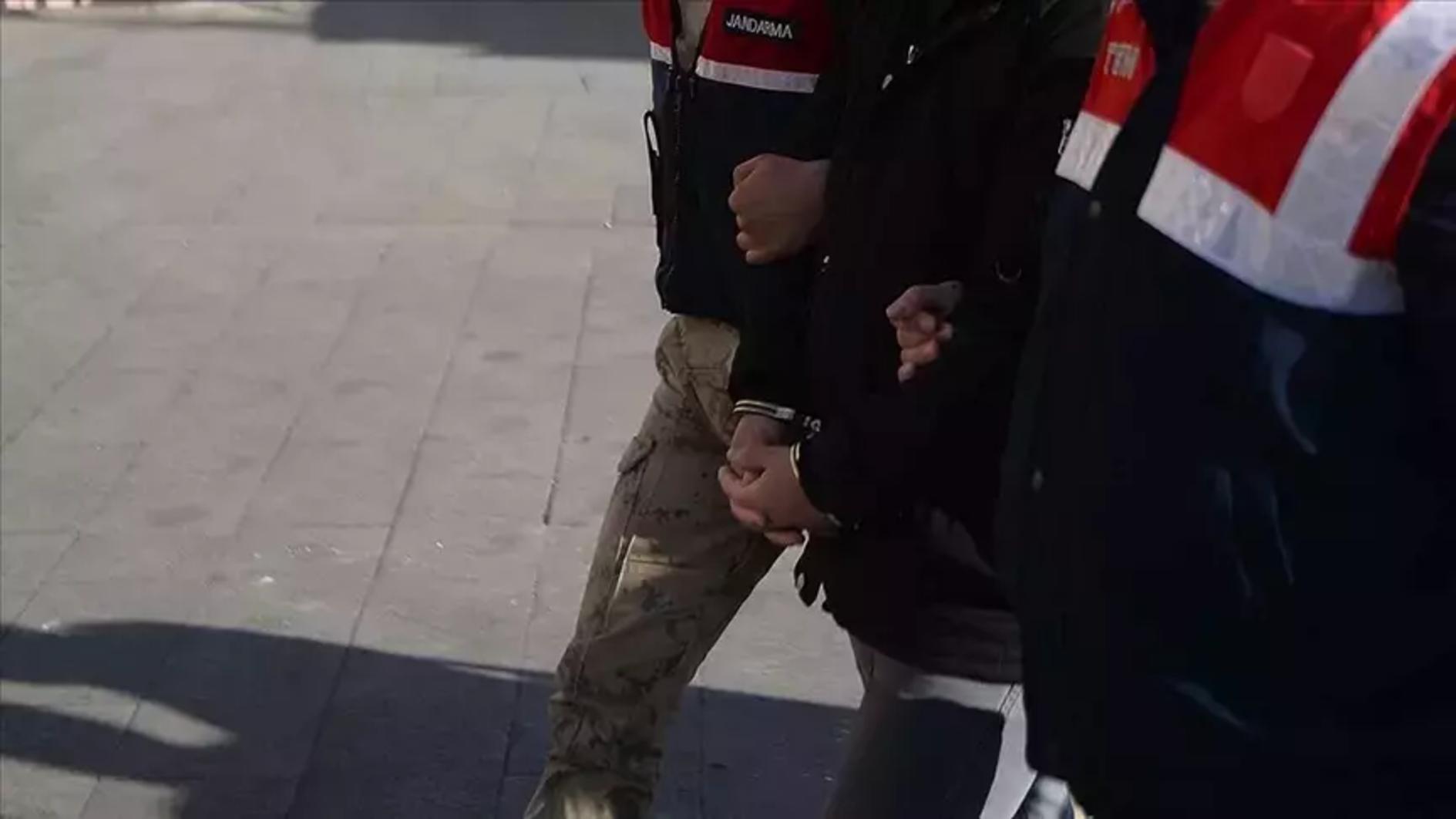Need for ‘clean politics’ in Turkey
Mustafa Koç is Turkey’s number one industrialist by all numbers.
The Koç Group represents one tenth of the Turkish economy. He was proud to say in a Hürriyet interview with Cansu Çamlıbel on March 2 that the group pays 9.5 percent of its income tax in Turkey.
But the Koç Group is not exactly the apple of the eye of Turkish Prime Minister Tayyip Erdoğan. Erdoğan directly targets the Koç Group as a part of his populist rhetoric whenever he gets the chance. This was especially so after 2005, when it won Turkey’s biggest oil refinery, TÜPRAŞ, through an open privatization bid.
During the Gezi protests in summer of 2013, the prime minister accused the group of helping those undermining the government when a group of demonstrators sought refuge from tear gas, water cannons and police baton charges in the nearby Divan Hotel, owned by Koç.
Nowadays, Erdoğan implies that Koç has been cooperating with Fethullah Gülen to undermine his Justice and Development Party (AK Parti) government. Gülen, a moderate Islamist scholar with a global network of sympathizers, used to be the closest ally of Erdoğan actually up until recently. Nowadays they are arch enemies, especially since the Dec. 17 2013 graft probe, which Erdoğan suspects Gülenist prosecutors, judges and police chiefs are behind.
The evidence that Erdoğan’s able social media advisors found regarding the Koç-Gülen link is a tapped telephone conversation, allegedly between Gülen and one of his business network people. In it, the business organizer allegedly tells Gülen that they have informed Koç about an energy plant in Uganda and hinted that they could help with gifts on behalf of Gülen: Worry beads and some Ugandan pineapple.
In the Hürriyet interview, Koç said he met Gülen once, as he meets many people around the world as an investor. He also says that he learned later that Koç’s energy people were informed about the project but were never interested in the project as they found it not feasible.
But he also said that Turkey needed “clean politics,” in a direct reference to the graft probe that has cost Erdoğan the resignation of four of his Cabinet ministers so far, and that has started a war of recorded telephone tappings between his and Gülen’s supporters. The events have caused much discredit to his government and damaged the Turkish economy.
“These corruption claims still have to be proven,” Koç said. “But if they are true, then whoever is behind them has to bear the consequences. We should defend, continuously and consistently, democracy, the rule of law, freedom of expression, universal values, individual rights and freedoms. I want to reiterate:
In all those matters, whatever the level is in developed countries, we also should have it. We should not be one notch below. Our country and our people deserve clean politics, in an integrated and peaceful society.”
Koç is not demanding “clean politics” in order to be labeled by Erdoğan as acting together with Gülen or the opposition parties that fiercely attack the AK Parti over corruption claims in the lead up to the March 30 local elections.
Koç is well aware that Turkey needs quality and accountable money for quality investments and a healthily growing economy. In other words, Turkey needs clean politics for clean money. It is European Union standards that Koç is talking about, which Turkey wants to be a part of.
Clean politics becomes a necessity for Turkey not only for the superiority of the rule of law in the country, but also as a must for a better economy.











